- Click to share on Facebook (Opens in a new window)
- Click to share on Twitter (Opens in a new window)
- Click to share on LinkedIn (Opens in a new window)
- Click to email a friend (Opens in a new window)
Italy prolongs containment measures 2:54
(CNN) - Earlier this month, there was a funeral procession in the Sicilian city of Messina, in defiance of national confinement in Italy.
It was not an ordinary procession. The two dozen people walking behind the hearse were paying their respects to a 70-year-old offspring of one of the most notorious mafia families.
Claudio Fava, president of the regional committee against the mafia, described it as "a real scandal, an insult to those who lost their families in the pandemic."
Funerals have been banned in Italy since early March as part of a broader set of restrictions designed to curb the covid-19 outbreak that has killed more than 23,000 people in the country.
That the procession took place speaks of the power - and impunity - of the mafia in parts of Italy.
Senior anti-mafia officials and investigators have told CNN that mafia clans are already taking advantage of the coronavirus pandemic, especially in southern Italy.
They are providing daily necessities in poor neighborhoods, offering credit to companies on the brink of bankruptcy and planning to divert a part of the billions of euros that are in stimulus funds.
The most powerful branch of the mafia, the Calabria-based 'Ndrangheta, is believed to control 80% of the European cocaine market. Although the pandemic made distribution difficult, it took advantage of confinement.
Journalist Roberto Saviano, author of "Gomorra: the other mafia in Italy," a complaint by the Camorra mafia in Naples, told CNN that "the traffickers took advantage of the [lack of] oversight of law enforcement in the ports, at airports ”.
"Who's checking?" He asked.
READ : Images of Venice from space show how the coronavirus has changed the city
Police car patrol in Taormina this month after restrictions imposed on covid-19.
Exploit a desperate need for cash
But mafia groups are much more than cocaine trafficking. They are deeply embedded in the economy.
While traditional mafia activities, such as extortion, may suffer during the pandemic, there will also be new opportunities, said Anna Sergi, a senior professor of criminology at the University of Essex.
Franco Gabrielli, head of the Italian police, said that the mafia organizations are already deeply involved in parts of the economy "that have not been blocked by the restrictions of covid-19: the agri-food chain, the supply of medicines and medical equipment , road transport."
It is a point of view that Saviano shares.
“Funeral homes they invest in, hospital laundries. Cleaning companies in which they have always invested. Good delivery companies, service stations, this is the portfolio they have had for the last 10 years, ”he told CNN.
Such is the financial muscle of the 'Ndrangheta, Gabrielli said last week, that it could exploit a desperate need for cash faced by companies it does not currently control.
"At the end of the emergency, criminal associations could have contaminated the economy, controlling companies that they had not previously infiltrated," he said.
Sergi says that previous crises have shown that the mafia can quickly move money out of the banking system and demand fewer guarantees than banks. Lending money to struggling companies and then gradually taking control of them is a well-oiled mob tactic.
Nicola Gratteri, anti-mafia investigator and director of the prosecution in Catanzaro, told CNN that companies such as restaurants and hotels are especially vulnerable.
The last great recession, in 2008, offers a sobering comparison.
Anti-mafia groups like SOS Impresa said the crisis made the mafia the largest bank in Italy. The Palermo-based group estimated in 2012 that the mob had 65 billion euros ($ 72 billion) in liquidity and described the exorbitant loans as "a national emergency." At the same time, many Italian banks were struggling to stay afloat and borrowing heavily from the European Central Bank.
Saviano believes that liquidity will be "the center of everything" after the coronavirus crisis.
"The organization will go to a company in crisis and say: 'We do not buy everything, but we will give you cash in exchange for shares to become part of your company,'" he said.
"This is what they will do with everyone."
MIRA : Italy prolongs measures of confinement, to reduce contagion, despite the economic risk
A parallel state
Late last month, the video of a couple knocking on the doors of a bank in the southern city of Bari went viral. "They suck, the state sucks. How will we manage? ”Shouts the woman.
These are exactly the circumstances that the mob exploits. The 'Ndrangheta and other clans do not simply live on societies where they are strong. They build loyalty by supplying the needs of the poorest neighborhoods and cash to struggling businesses.
For Gratteri, this is “a method of creating loyalty. If we, the State, are not efficient, what could happen is that the Mafia presents itself as a winning model and perhaps asks to return the favor in the elections. ”
Zora Hauser, an organized crime researcher at the University of Oxford, said that "what we are seeing, and will see more and more as the economic and social crisis unfolds, is that mafia groups are returning to their central business from protection and government ”.
Except Palazzolo, a journalist for the newspaper La Repubblica , received threats after reporting on the distribution of food by someone with connections to the mafia in the poor "ZEN" district of Palermo in Sicily.
“Right now, the Palermo Mafia families [la Cosa Nostra] are very strong, especially in drugs and online gambling. They have a lot of liquidity, ”Palazzolo told CNN.
“I would say that the Cosa Nostra is strengthening its control through social assistance to families who are in prison, and now this is spreading to all poor families. They want to show themselves as an alternative to the State ”.
In another Palermo district, a local mafia boss tried to organize a religious service on Good Friday in defiance of the shutdown before police intervened.
Criminologist Anna Sergi says the mob wants the community to want and need them.
The Government is aware of the danger. CNN obtained a letter written by Interior Minister Luciana Lamorgese to regional leaders warning that criminal organizations would try to use "forms of support" to gain popularity.
As Zora Hauser says: "The organization can collect this in different ways, with the votes being the most worrisome."
The government has established a food stamp fund of € 400 million ($ 435 million) and has allocated a further € 4.3 billion ($ 4.8 billion) to local mayors.
As Prime Minister Giuseppe Conte promised on March 28: "We know that many suffer, but the State is there."
But it is a daunting challenge. Saviano says that during this crisis, the mob will try to recruit the "new unemployed" as their foot soldiers. Up to three million Italians work "off the books", according to multiple surveys. A survey conducted by the Organization for Economic Cooperation and Development in 2017 estimated that a quarter of Italians in their early 20s had no job, no education or training.
MIRA : The European Commission would propose a coordinated action plan to get out of quarantine
Encouragement bonanza
Getting Italy back to work is the government's priority. It is injecting 750 billion euros ($ 815 billion) into the economy.
Part of the investment is to guarantee business loans, covering more than three-quarters of a large company's loans. But given the scattering of the massive sums, anti-mafia researchers fear that some of those loans, as well as other support, go to mafia-run companies.
Italy also wants “coronabonos” throughout Europe, basically a set of debt between the Member States of the European Union. A German commentator, Christoph Schiltz, urged German Chancellor Angela Merkel to reject the idea, writing in the Die Welt newspaper that "the mafia is waiting for a new Brussels rain of money."
Italian Foreign Minister Luigi Di Maio described Schiltz's comments as "shameful and unacceptable".
Saviano said: “European funds today help the Italian economy that is on its knees. And a kneeling Italian economy means that Italy is at the mercy of organized crime. ”
It is not just a problem of Italy. The mafia's tentacles spread across Europe and beyond. The 'Ndrangheta has a network across Europe to distribute drugs, often using pizzerias as fronts. It has also invested in properties.
For now, reinforced border controls and blockades at the national level are drowning drug distribution networks. But like the coronavirus, mob groups make no distinction of borders. "The mafia is very powerful also in Germany," said Roberto Saviano. "They fire less, but they are very powerful."
Earlier this month, Pope Francis prayed for "people who, during this time of the pandemic, trade at the expense of the needy and benefit from the needs of others, such as the mafia, loan sharks, and others."
LOOK : Pope Francis presents his "plan to resurrect" from the coronavirus pandemic
"May the Lord touch your hearts and convert you," said the pope.
History, as well as current evidence, suggests that you may be disappointed.
CNN's Livia Borghese contributed to this report.
coronavirus

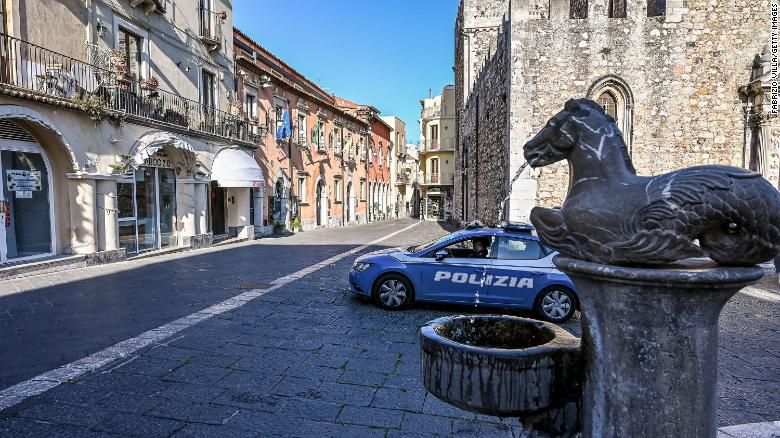
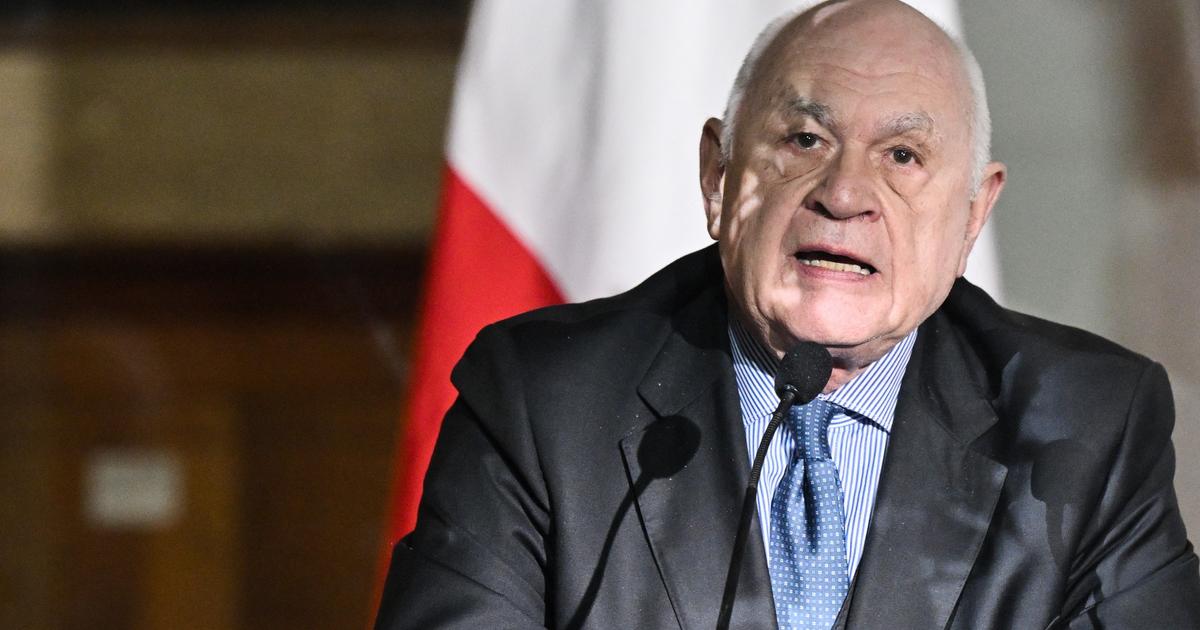

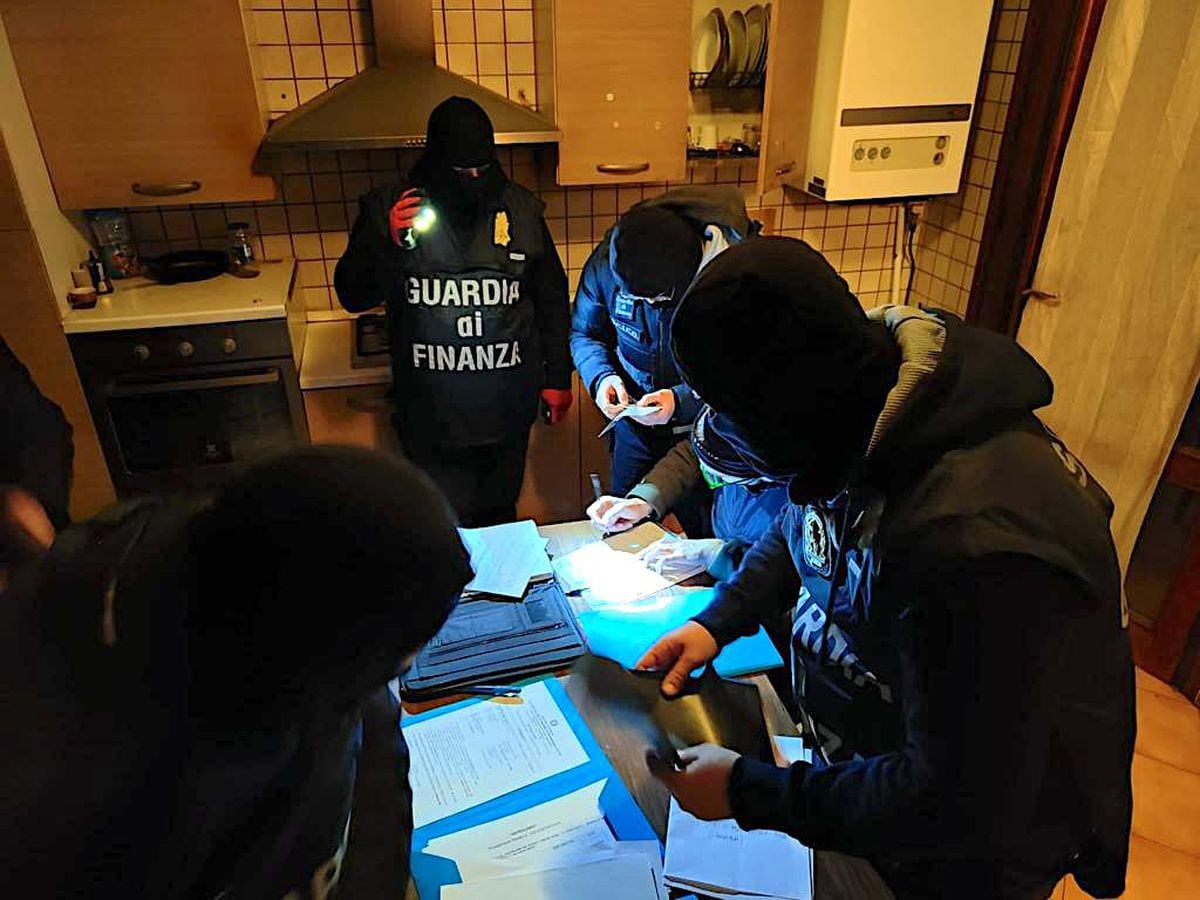

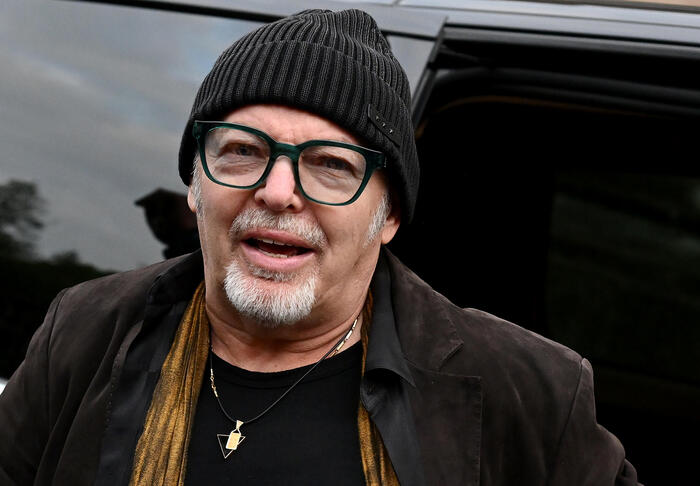


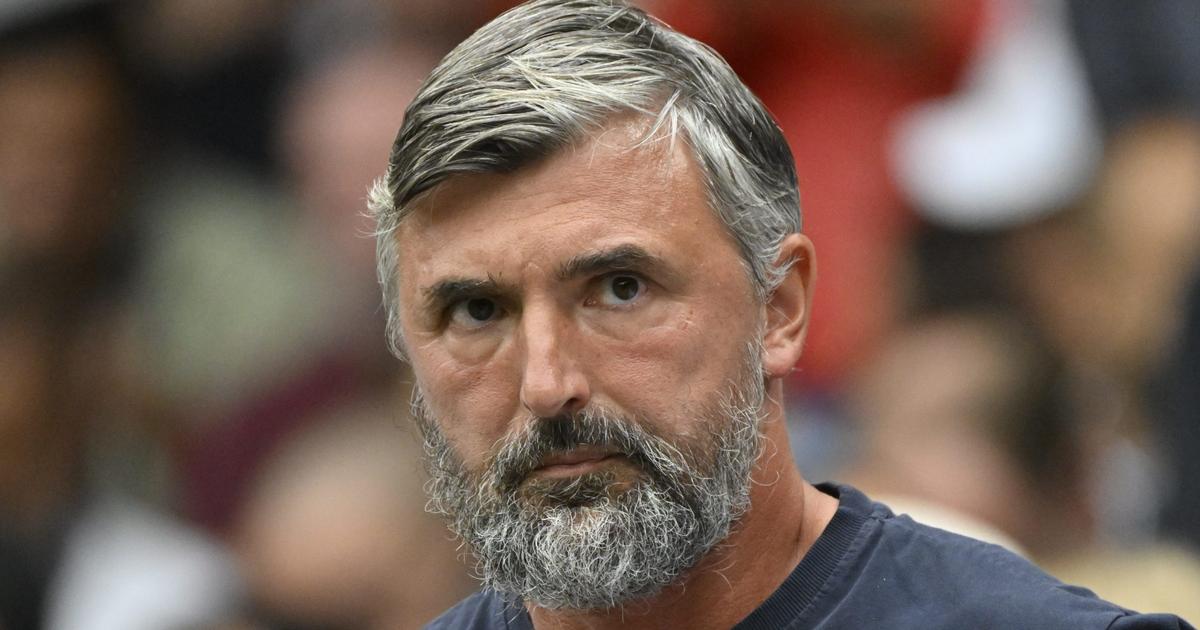


/cloudfront-eu-central-1.images.arcpublishing.com/prisa/KMEYMJKESBAZBE4MRBAM4TGHIQ.jpg)


